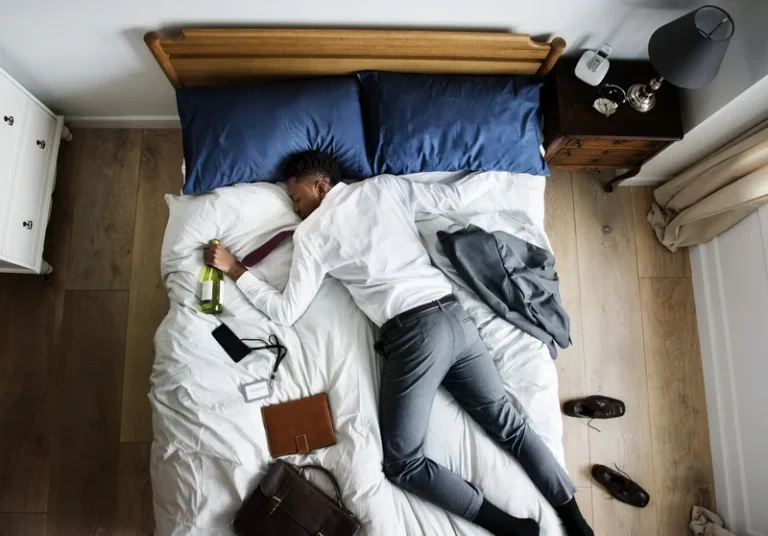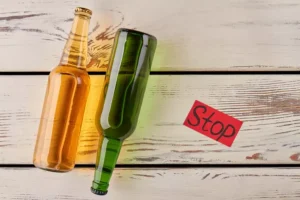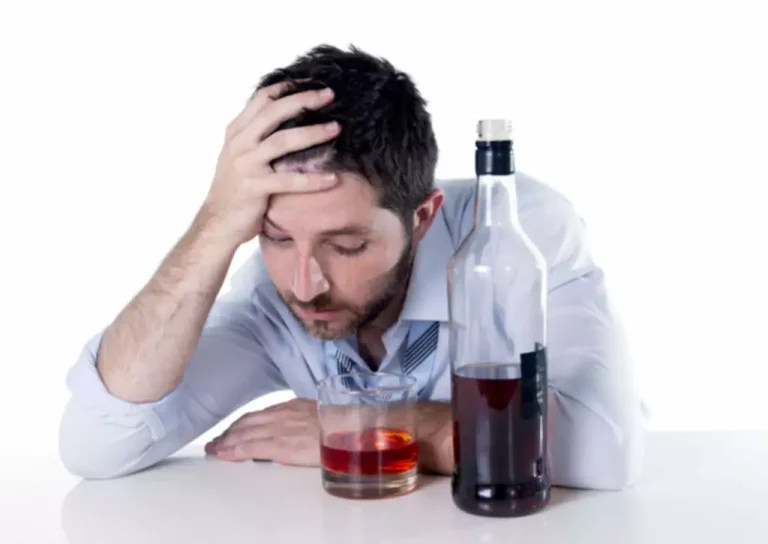
Psychology Today can help you find one in your area or online. For many people, quitting drinking revolves around hitting the proverbial “rock bottom” and seeking recovery through peer-support groups or in-person treatment centers. At least that’s how many used to think about recovery from alcohol use disorder. But these days, you don’t have to lose it all or label yourself an “alcoholic” in order to re-evaluate whether your relationship with alcohol is having a positive impact on your life.
More on Substance Abuse and Addiction

She also recommends starting with an event where you’re most comfortable and even relying on an alcohol-free beverage to ease the transition. “There are multiple ways to manage alcohol use in social https://ecosoberhouse.com/ settings to include learning and implementing harm reduction strategies, moderation management, and using refusal skills. It’s important to remember that you have the power to choose,” she adds.
Breaking The Booze Habit, Even Briefly, Has Its Benefits

People trying to quit who have social support are more likely to reduce their drinking. You might be surprised at how much or how often you’re drinking, and in what contexts. There may be certain people, places or emotions that increase or decrease your alcohol consumption. If you need some help keeping track of the number of units you’re drinking in a week, try using our free app. It can also help to keep track of what triggers your desire to drink and then plan how to change your response.
What to expect when you take a break from alcohol
Will quitting drinking solve all of your problems, in health and in life? If that’s where you’re setting your expectations, you might feel like you gave up something you loved (getting really drunk) for no good reason, even when that’s objectively not true. One way to combat that feeling, Dr. Koob says, is to check in with yourself after a few months of sobriety to take stock of the benefits you’re reaping. One reason why it’s so difficult to cut back on drinking is because it is so common as a social activity. However, restaurants and bars increasingly offer non-alcoholic options that are almost identical in appearance and taste to alcoholic drinks. This might make you feel more comfortable in a social setting where everyone else is drinking.
- What many people don’t realize is that alcohol produces a toxic effect on the body.
- If you’re taking part in an event like FebFast, encourage your friends and family to sponsor you.
- To get started, try searching a directory like Psychology Today or Inclusive Therapists, both of which have filters you can use to look for specific support around substance use.
- Cutting out alcohol for 30 days can have benefits for those who drink more than the recommended limit of two drinks a day for men and one drink a day for women.
- Alcohol is a sedative, so you’d think it would help you sleep better.
Talking with friends about your decision to drink less can help you stay accountable to your goal. Set up a Dry January challenge with friends or join a social media group to get how to take a break from drinking built-in support. According to American Addiction Centers, drinking increases stress in the body, which disrupts normal production and regulation of the stress hormone cortisol.

When you’re having a good time, you find it hard to stop, especially in the company of friends having the same amount. To stop drinking alcohol, you first need to understand your relationship with drinking. From there, you may need social support, consistent self-care, and new routines that can help redirect your mind. As well as existing non-alcoholic beer and wine, a range of non-alcoholic spirits is also emerging in the market. You could ask for it to be served in a spirit or cocktail glass – you might be less likely to be asked why you’re not drinking. Recent evaluations of their Daybreak program – which includes one-on-one chats with health coaches – shows it leads to significant reductions in drinking, and improvements in physical and mental health.
- She is a new resident of Denver, where she lives with her husband, spunky toddler, and their fur babies.
- It’s OK — and, in fact, very normal — if you’re feeling ambivalent about changing your relationship with alcohol, says Ellinwood.
- The action also helps reduce any worry of being interrogated by strangers about why I’m not drinking (it happens all too often) because mocktails look just like cocktails.
- There is a wide range of options — from residential “detox” programs to cognitive behavioral therapy, to medications such as naltrexone which can help people drink less, or acamprosate, which can help people stay dry.
- Plus, add in things like paying for transportation to avoid driving under the influence and now you might be forking out even more.
- Identify a family member or friend who you can call on to provide emotional support.
- It’s not a binary yes or no — you have a problem or you don’t.
- Some people also lose weight as they taper off their drinking.
- According to American Addiction Centers, drinking increases stress in the body, which disrupts normal production and regulation of the stress hormone cortisol.
